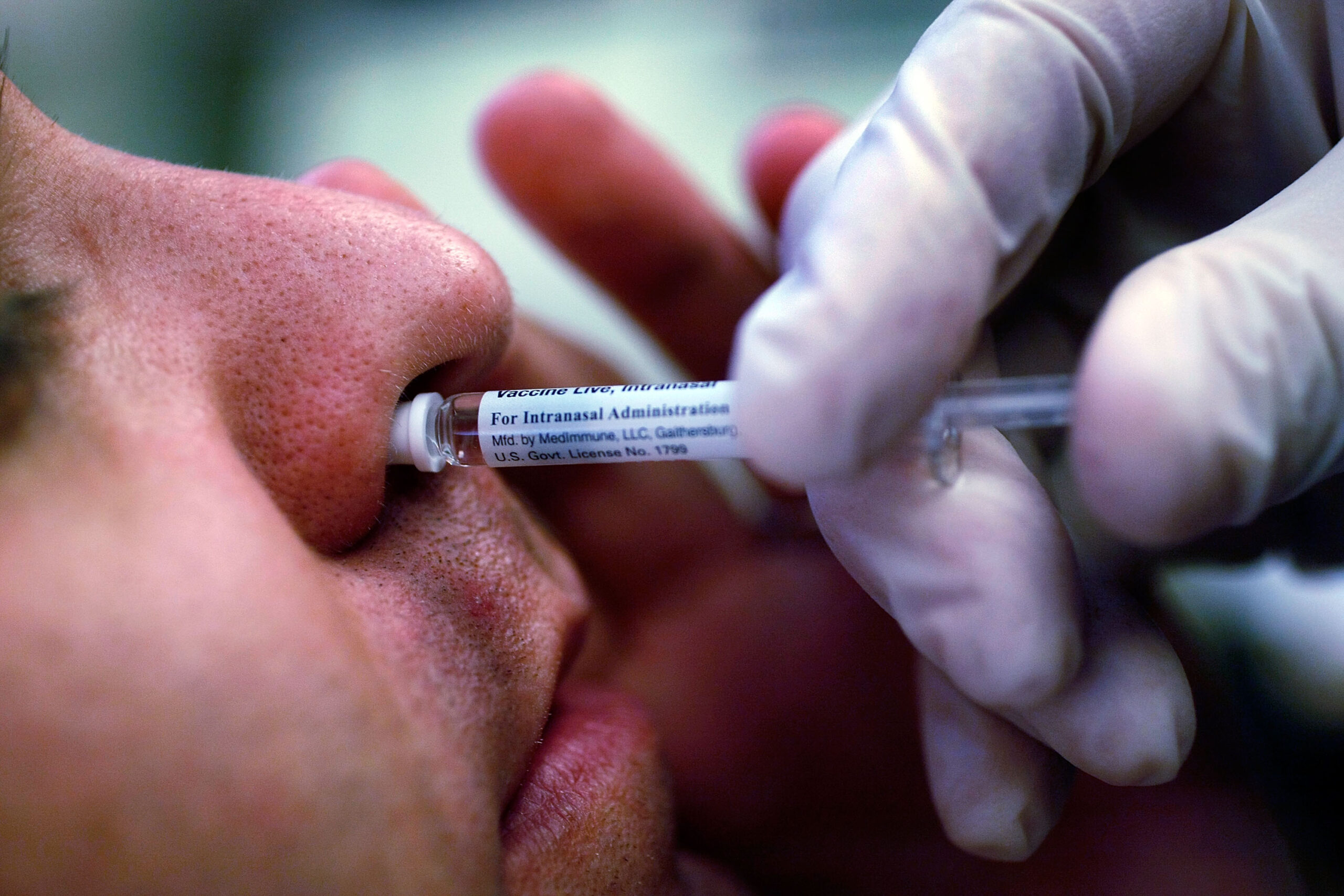Can the nasal vaccines put a stop to the COVID-19 infection? COVID-19 was something the world did not see coming, a pandemic that took millions of lives and put a stop to the regular functioning of the whole world. There was an urgent need for a vaccine and the government in the early stage of the pandemic launched Operation Wrap Speed, where the public-private effort included accelerating vaccine development as one of its goals.
It worked, bringing the first COVID vaccinations to market in just over nine months, a record for a procedure that often takes years or even decades. However, the next generation of vaccinations, which experts predict will offer even better protection, has not received the same kind of attention.
Nasal vaccines may be quite promising
But we are again and again reminded that COVID-19 is not completely gone, there is still a rise in the number of active cases so, with the success of the vaccine in the market, the aim is now to look for more effective and better vaccines that according to the experts will provide better protection.
Particularly nasal vaccines may be quite promising; many experts believe that such an approach has the ability to completely prevent infections because nasal vaccinations can enhance immunity when the virus first enters the body. A nasal vaccine is basically given to a person via the nose and there is no use of needles.
However, as the pandemic spreads, it is becoming increasingly obvious that the available vaccinations are ineffective at preventing infection, notably from omicron and its variety of nigh invulnerable subvariants.
Even moderate illnesses may be avoided if infections were completely blocked, unlike the injections and boosters from Pfizer-BioNTech and Moderna, which continue to protect against hospitalization and death. Additionally, it might stop the spread of the virus and avoid more serious problems like lengthy Covid.
Four vaccines have advanced to Phase 3 randomized
Four vaccines have advanced to Phase 3 randomized, placebo-controlled studies, which are the most advanced stage of clinical research for at least 12 vaccinations.
The protein subunit vaccine was created by Razi Vaccine and Serum Research Institute, and the viral vector vaccines were created by Bharat Biotech, Codagenix, and Beijing Wantal Biological.
In a commentary published in Science Immunology, scientists Eric Topol and Akiko Iwasaki remarked that nasal vaccinations have historically had limited success. Other significant difficulties include production, governmental approval, and distribution in addition to safety risks. Variant-specific vaccinations appear to be our best practical answer to the virus’s changing nature.
However, it seems that we will still be using COVID-19 variations as a catch-up game and upgrading vaccines accordingly.
The effectiveness has not yet been guaranteed
According to the reports, the effectiveness has not yet been guaranteed but with time the world needs to come up with vaccines that will provide accurate effectiveness. Nasal vaccines are still a long way to go but nasal vaccines are intended to trigger the creation of antibodies in the mucosal tissue where the virus usually enters the body. And as per the experts, It is intended to use the nasal vaccine as a booster dose.
- जब चाँद होगा लाल: रहस्य, विज्ञान और अंधविश्वास का सच (ब्लड मून 2025)
- How One Scientist’s Radioactive Discoveries Sparked a Double Nobel Triumph
- IIT Delhi’s Rural Technologies Going Intercontinental
- मेडिकल डेटा प्लेटफॉर्म विकसित करने के लिए नई साझेदारी
- 188 Districts Of The Nation Saw Inadequate Rainfall: IMD
- कोशकीय प्रक्रियाओं से जुड़ा अहम खुलासा





